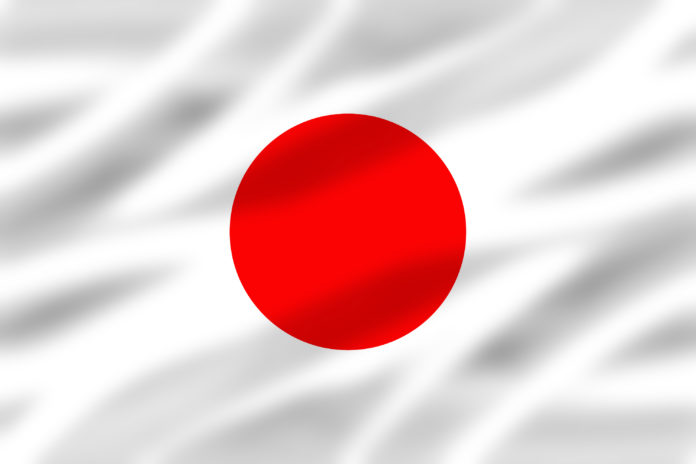Last week, stocks closed at all-time highs after the Bank of Japan announced surprising stimulus measures. This week, the fallout from that decision continued.
On Monday, the Japanese yen fell to a seven-year low of 114.2 against the U.S. dollar. In other words, $1 dollar U.S. is worth 113 Japanese yen. Just two years ago, the rate was 1 U.S. dollar for 80 Japanese yen. Experts say the trend will only worsen for Japan’s economy.
Additionally, the Japanese government said they’d be putting part of their Government Pension Investment Fund into Japanese and U.S. stocks. Experts expect an additional $200 billion dollars going into the U.S. stock and bond markets.
Brian Kelly—founder of Brian Kelly Capital, an investment firm catering to high net worth individuals—said that the market’s excitement over this stimulus won’t last long.
“What [the Japanese government] did is outrageous,” Kelly proclaimed. “It’s a terrible idea. It’s going to have massive ramifications. The U.S. stock market hasn’t woken up to it yet, but they will.”
Kelly predicted deflation in the United States could be the first consequence of this action. “Eventually, when the levee breaks… it’s going to completely fall apart!” said Kelly.
This week, the surprising news out of Japan continued when the country’s Economic Minister suggested additional stimulus measures, if the 3rd quarter GDP numbers are disappointing. Those numbers won’t be released until next month—but the total public debt is already more than twice the country’s GDP.













